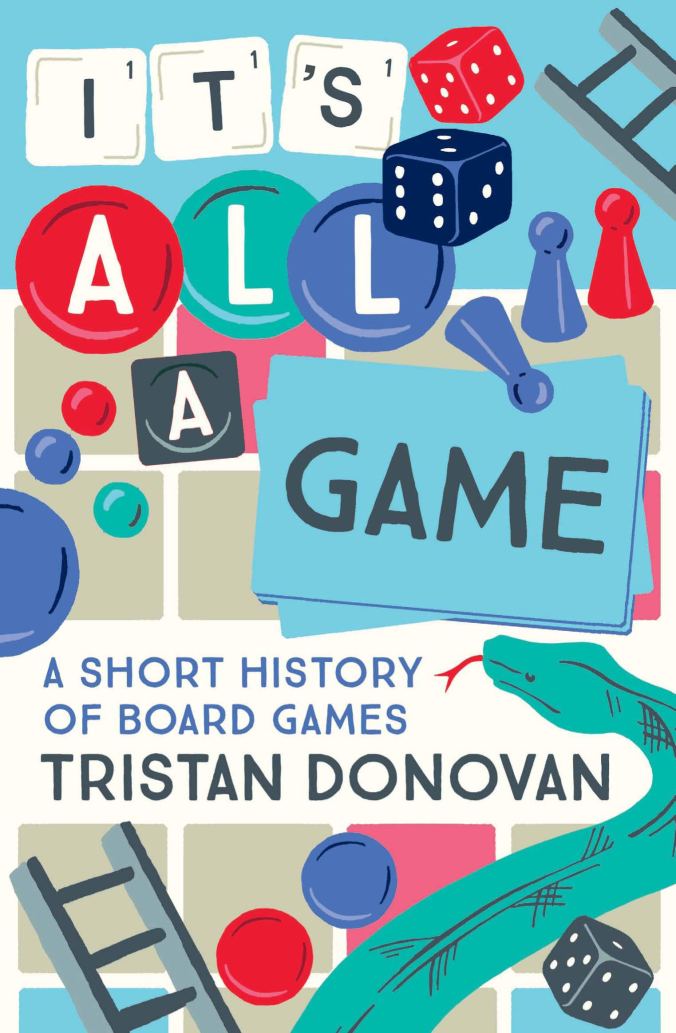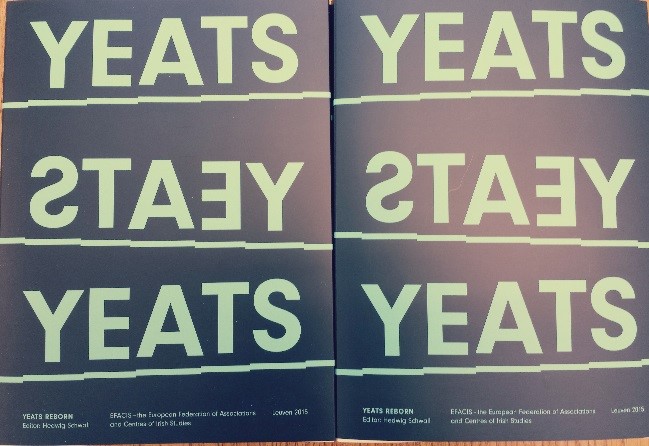Thomas Cromwell: A Life by Diarmaid MacCulloch (27 Sep 2018)

‘This is the biography we have been awaiting for 400 years’ Hilary Mantel
‘A masterpiece’ Dan Jones, Sunday Times
Thomas Cromwell is one of the most famous – or notorious – figures in English history. Born in obscurity in Putney, he became a fixer for Cardinal Wolsey in the 1520s. After Wolsey’s fall, Henry VIII promoted him to a series of ever greater offices, and by the end of the 1530s he was effectively running the country for the King. That decade was one of the most momentous in English history: it saw a religious break with the Pope, unprecedented use of parliament, the dissolution of all monasteries. Cromwell was central to all this, but establishing his role with precision, at a distance of nearly five centuries and after the destruction of many of his papers at his own fall, has been notoriously difficult.
Diarmaid MacCulloch’s biography is much the most complete and persuasive life ever written of this elusive figure, a masterclass in historical detective work, making connections not previously seen. It overturns many received interpretations, for example that Cromwell was a cynical, ‘secular’ politician without deep-felt religious commitment, or that he and Anne Boleyn were allies because of their common religious sympathies – in fact he destroyed her. It introduces the many different personalities of these foundational years, all conscious of the ‘terrifyingly unpredictable’ Henry VIII. MacCulloch allows readers to feel that they are immersed in all this, that it is going on around them.
For a time, the self-made ‘ruffian’ (as he described himself) – ruthless, adept in the exercise of power, quietly determined in religious revolution – was master of events. MacCulloch’s biography for the first time reveals his true place in the making of modern England and Ireland, for good and ill.
The Ravenmaster by Christopher Skaife (4 Oct 2018)

The first behind-the-scenes account of life with the ravens at Britain’s most famous national monument – as seen in the Daily Mail.
For centuries, the Tower of London has been home to a group of famous avian residents: the ravens. Each year they are seen by millions of visitors, and they have become as integral a part of the Tower as its ancient stones themselves. But their role is even more important than that – legend has it that if the ravens should ever leave, the Tower will crumble into dust, and great harm will befall the kingdom.
One man is personally responsible for ensuring that such a disaster never comes to pass – the Ravenmaster. The current holder of the position is Yeoman Warder Christopher Skaife, and in this fascinating, entertaining and touching book he memorably describes the ravens’ formidable intelligence, their idiosyncrasies and their occasionally wicked sense of humour.
Over the years in which he has cared for the physical and mental well-being of these remarkable birds, Christopher Skaife has come to know them like no one else. They are not the easiest of charges – as he reveals, they are much given to mischief, and their escapades have often led him into unlikely, and sometimes even undignified, situations.
Now, in the first intimate behind-the-scenes account of life with the ravens of the Tower, the Ravenmaster himself shares the folklore, history and superstitions surrounding both the birds and their home. The result is a compelling, inspiring and irreverent story that will delight and surprise anyone with an interest in British history or animal behaviour.
The Third Reich is Listening: Inside German Codebreaking 1939–45 by Christian Jennings (18 Oct 2018)

The codebreakers at Bletchley Park have been immortalised in films such as The Imitation Game and Enigma, but the Germans were also breaking Allied ciphers. The Third Reich is Listening is the comprehensive account of the successes, failures and science of Germany’s codebreaking and signals intelligence operations from 1935 to 1945.
This fast-moving blend of modern history and popular science is told through colourful personal accounts of the Germans at the heart of the story, including a former astronomer who worked out the British order of battle in 1940, a U-Boat commander on the front line of the Battle of the Atlantic and the woman from the foreign ministry decrypting Japanese and Italian signals.
It investigates how and why a regime as technologically advanced as the Third Reich both succeeded, and failed, in its battle to break their enemy’s codes and to use the resultant intelligence effectively, and why they failed to recognise the fact that the Allied had cracked the enigma code.
It’s All a Game: A Short History of Board Games by Tristan Donovan (1 Nov 2018)

Board games have been with us longer than even the written word. But what is it about this pastime that continues to captivate us well into the age of smartphones and instant gratification?
In It’s All a Game renowned games expert Tristan Donovan opens the box on the incredible and often surprising history and psychology of board games. He traces the evolution of the game across cultures, time periods, and continents, from the paranoid Chicago toy genius behind classics like Operation and Mouse Trap, to the role of Monopoly in helping prisoners of war escape the Nazis, and even the scientific use of board games today to teach artificial intelligence how to reason and how to win. With these compelling stories and characters, Donovan ultimately reveals why board games have captured hearts and minds all over the world for generations.
When Women Ruled the World: Six Queens of Egypt by Kara Cooney (28 Nov 2018)

This riveting narrative explores the lives of six remarkable female pharaohs, from Hatshepsut to Cleopatra–women who ruled with real power–and shines a piercing light on our own perceptions of women in power today.
Female rulers are a rare phenomenon–but thousands of years ago in ancient Egypt, women reigned supreme. Regularly, repeatedly, and with impunity, queens like Hatshepsut, Nefertiti, and Cleopatra controlled the totalitarian state as power-brokers and rulers. But throughout human history, women in positions of power were more often used as political pawns in a male-dominated society. What was so special about ancient Egypt that provided women this kind of access to the highest political office? What was it about these women that allowed them to transcend patriarchal obstacles? What did Egypt gain from its liberal reliance on female leadership, and could today’s world learn from its example?
Celebrated Egyptologist Kara Cooney delivers a fascinating tale of female power, exploring the reasons why it has seldom been allowed through the ages, and why we should care.













